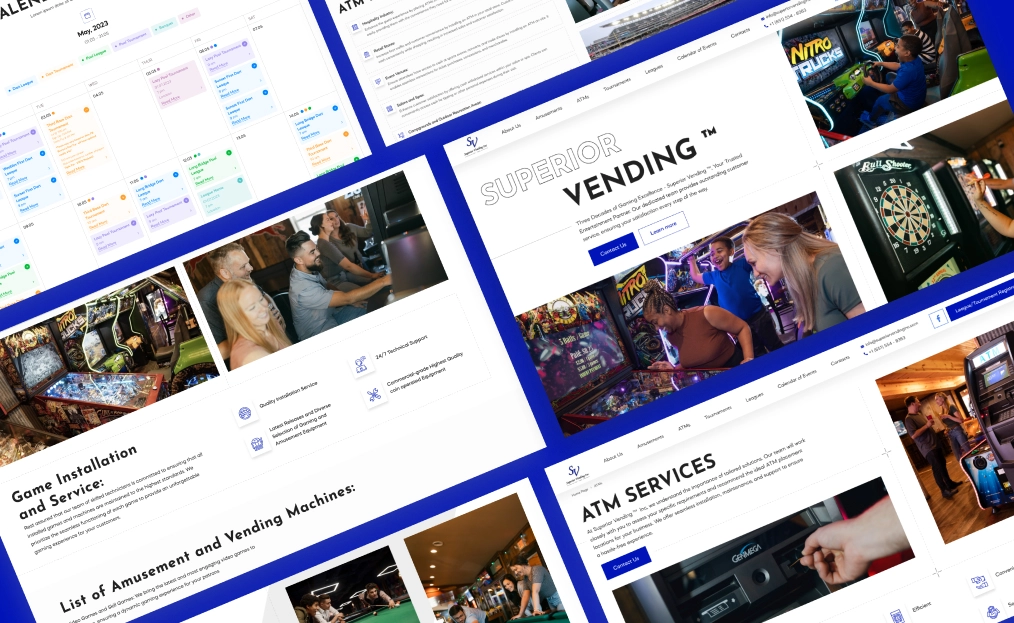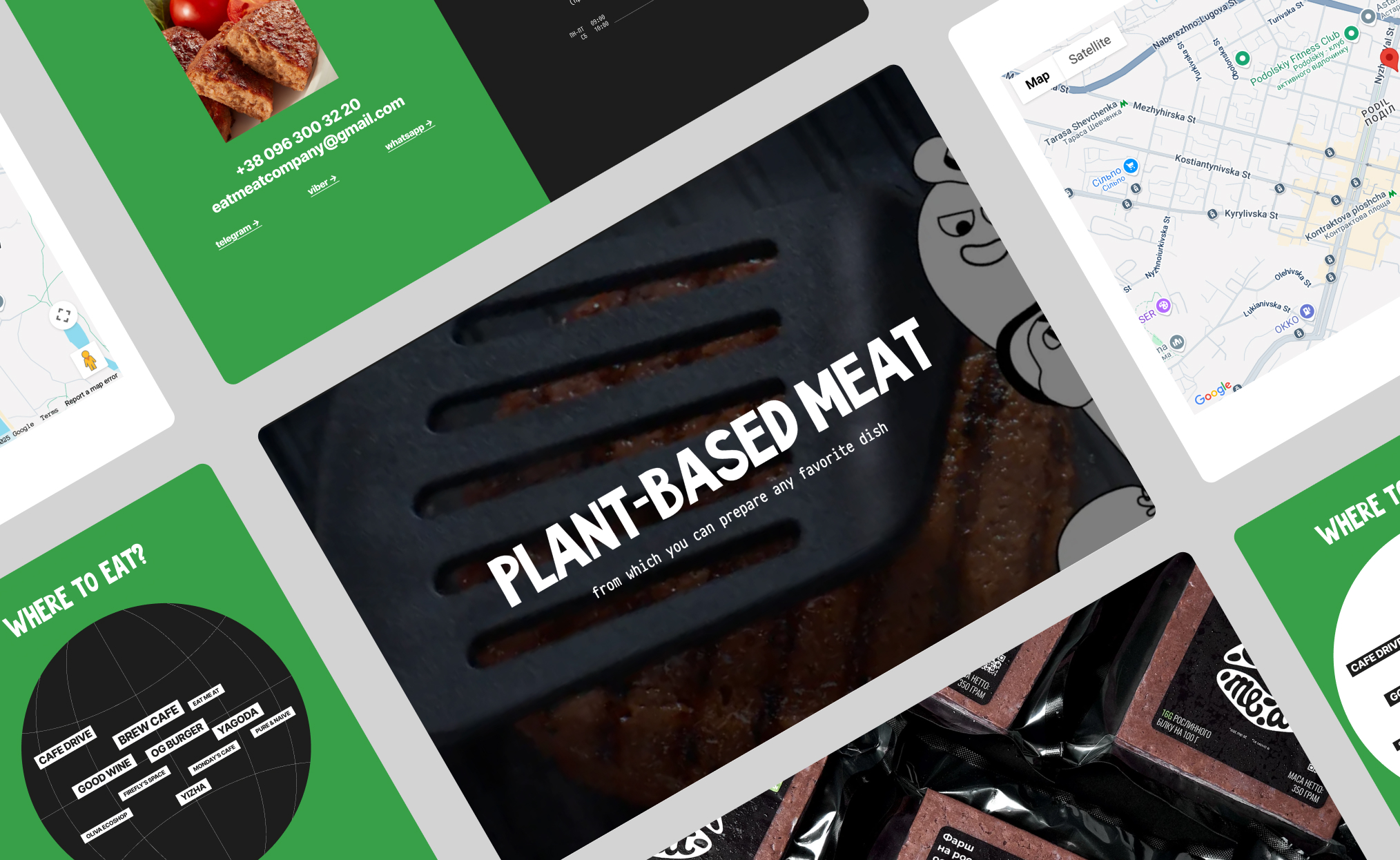Why Startups Need a CRM System from Day One
Brands we work with
Key CRM Functions for Startup Teams
Sales funnel and deal tracking
In a startup, every deal is critical, and customer data is even more valuable. Without CRM, information scatters across spreadsheets and chats, gets lost, and remains unprotected. Asabix CRM builds a transparent sales funnel while also ensuring data security. All contacts, documents, and communication history are stored centrally with encryption and server-level protection. We follow international standards (ISO, GDPR) so your data is reliably secured and accessible only to authorized users.
Contact and communication history
In startups, several people often work with the same client: a marketer sends newsletters, a sales rep makes calls, and the CEO runs demos. Without CRM, this information gets lost. The system collects the full communication history in a single profile: calls, emails, meetings,and comments. If a client asks about the status of a deal, any manager can instantly see when and what was discussed. This prevents duplicate questions, ensures consistent communication, and fosters customer trust.
Role-based dashboards
Each team member must view only the information relevant to their specific work. CRM provides personalized dashboards: sales reps see their active leads and reminders, marketers see campaign results, and managers see key performance indicators. This eliminates information overload, helping everyone stay focused. An added advantage is security: investors or external consultants only see the data they need, while sensitive information remains protected. This balance maintains transparency while keeping control over confidential data.
Marketing and finance integrations
We configure integrations with essential tools: email marketing platforms (Mailchimp, SendGrid), payment systems (Stripe, PayPal), accounting software (QuickBooks, Xero), and team messengers (Slack, WhatsApp). Everything works as a single ecosystem. For example, once a deal is closed, the system can automatically generate an invoice in Stripe, add the customer to a Mailchimp segment, and log the transaction in financial reports. For SaaS startups, this means precise tracking of MRR and churn rate; for e-commerce, it enables automatic order confirmation and campaign synchronization.
Email templates and reminders
Startups often repeat the same actions, such as sending presentations, following up after demos, or sending welcome emails to new customers. To save time, CRM lets you create ready-to-use templates in your company’s style and use them in just a couple of clicks. The system also reminds managers of necessary actions, such as sending an invoice, replying to a request, or following up on time. This reduces human error and ensures consistent communication. As a result, customers receive fast, professional responses every time.
Automated tasks and notifications
In a startup, every missed step can cost a deal. CRM system for startups handles routine tasks automatically, creating follow-ups after calls, reminding managers to send invoices, and flagging overdue actions. If a client doesn’t respond to an email within five days, the system automatically creates a task to re-engage. Nothing slips through the cracks, and processes move forward smoothly. This frees managers from organizational busywork and lets them focus on client relationships. Even a small team can run like a well-oiled machine.
AI analytics and forecasting
For startups, it’s not enough to collect data – it’s about making sense of it. That’s why we connect AI-powered tools to CRM solutions for startups to analyze customer behavior and recommend next steps. AI can predict which leads are most likely to convert, identify bottlenecks in the sales process, and highlight churn risks. For example, if the system detects that a deal cycle is dragging on, it may suggest adjusting the communication strategy. This gives startups a proactive edge in decision-making.
Mobile access for remote teams
Many startups work remotely or in hybrid formats, so CRM access from any device is essential. The mobile version lets a manager add a contact right after a meeting, check tasks while traveling, or reply to a client directly from their phone. For example, a sales rep can update a deal status from “negotiation” to “contract signed” on the way back from a meeting, and the team instantly sees the update. No one works in the dark: data is always current and synchronized.
Custom modules for your business
Asabix CRM is not a rigid “boxed” product but a flexible platform. You can extend it with whatever your team needs: time tracking, vacation planning, accounting, task management, automated reporting, and more. For example, if tracking travel expenses is critical, we integrate the correct module. If investors require specific financial reports, we configure analytics to match their format. The result: your CRM becomes the central hub for running your entire business.
The Cost of CRM Development for Startups
They trust us
We use the best
technologies in our work












Frequently asked questions answered
Enterprise systems, such as Salesforce, are designed for companies with hundreds of processes and modules. For a startup, such a “machine” only slows things down instead of helping. What really matters is simplicity, fast implementation, and the essentials: sales funnel, lead management, marketing, and finance integrations. Our advice: start with a lightweight custom CRM and expand it gradually as the business grows. It’s cheaper and far more practical.
The tipping point usually comes when you’re managing 20-30 clients at the same time or preparing to raise investment. At this stage, without a CRM, up to 40% of leads can slip through the cracks. We recommend not waiting: early implementation brings order from day one, and transparent data can be a decisive factor in attracting seed funding.
Absolutely. We always tailor our solutions to meet the specific needs of your business.
- For SaaS – billing and subscription control.
- For e-commerce – integrations with marketplaces and warehouse management.
- For fintech – transactional analytics and regulatory compliance.
For example, for a startup in the UAE, we built a multilingual CRM with multi-currency support and local payment gateways. This enabled the team to operate across several markets simultaneously.
Yes, that’s one of the most significant advantages of custom CRM software for startups. We connect it with ad platforms, email marketing tools, analytics systems, and messengers. This way, the entire customer journey, from sign-up to payment, is automated. For instance, after a user registers for a demo, the system immediately adds them to the CRM, sends a welcome email, and includes them in a remarketing audience. The result: lower marketing costs and higher conversion rates.
It depends on complexity:
- An MVP can be launched in 6-8 weeks.
- A full-scale system typically takes 3 to 4 months to complete.
Absolutely - and that’s often the most efficient approach. The best CRM software for startups is one that you can start with the essentials: contacts, sales funnel, and basic analytics. Then add marketing, billing, or customer support modules. This step-by-step rollout lets you test the system on real processes without overspending on features you don’t yet need.
We adhere to modern DevSecOps practices, including data encryption, regular backups, and strict role-based access control. Sales managers see only their deals, while the CEO has full analytics. Following the launch, we provide ongoing maintenance, including bug fixes, integration updates, and module enhancements. If Stripe, Gmail, or another service updates its API, we update the CRM immediately. This ensures the system stays stable, secure, and always up to date.

Ready to get started?
Reach out to us!
Ukraine, Zhytomyr
Vitruka Street, 9V
Mon – Fri, 9 am – 7 pm
Poland, Warsaw, 00-842
Łucka Street 15/204
Mon – Fri, 9 am – 7 pm























.jpg)










-(1).jpg)



.jpg)


.jpg)

.jpg)

